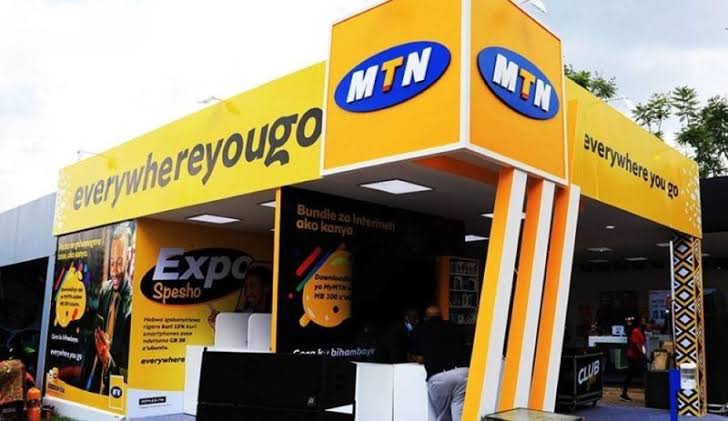MTN Rwanda reported a 307.1% drop in net profit for the first half of 2024, with profits after tax falling to Rwf10.5 billion. The decline is attributed to increased depreciation expenses on tower leases and reduced earnings.
The company’s financial statement showed that earnings before interest, taxes, depreciation, and amortization (EBITDA) fell 29% year-over-year to Rwf39 billion. The EBITDA margin, reflecting profitability from core operations as a percentage of revenue, also dropped by 13.8 percentage points to 31.3%.
MTN Rwanda CEO Mapula Bodibe noted that the company made significant investments in network expansion and modernization, leading to a 29.4% increase in capital expenditure, which totaled Rwf29.5 billion. She stated that the modernization of Kigali City and Western Province is expected to be completed by the end of 2024, with plans to upgrade sites in major cities and rural areas by 2027.
“We believe these investments will enhance connectivity for our customers, improve our margins, and ensure sustainable growth and returns for our shareholders,” Bodibe said.
Despite an increase in the subscriber base, this growth did not translate into higher voice and data revenue. This was mainly due to the impact of a regulatory directive on mobile termination rates (MTR), which affected interconnect revenues. Service revenue increased slightly by 0.8% to Rwf121 million, but voice and data revenue fell by 24.3% and 1.6%, respectively. These declines were offset by a 30.6% increase in revenue from the company’s fintech arm, Mobile Money Rwanda Limited (MMRL).
MTN Rwanda Chief Financial Officer Mark Nkurunziza cited rising expenses, including subsidy costs for the low-cost 4G smartphone Ikosora+, additional costs related to permanent roamers in South Sudan and Uganda under the One Network Area (ONA) initiative, and the depreciation of the local currency against the U.S. dollar.
The changes in MTR rules were introduced last year by the Rwanda Utility and Regulatory Authority (RURA), which mandated that telecom companies would not receive payments for calls received from other networks in Rwanda for one year. The policy, implemented in August last year, was aimed at reducing high charges among telecom operators. While MTN executives say this has impacted their profit margins, operators with fewer subscribers previously criticized the high interconnection rates as an unfair competitive tool used by dominant players in the market.

